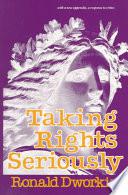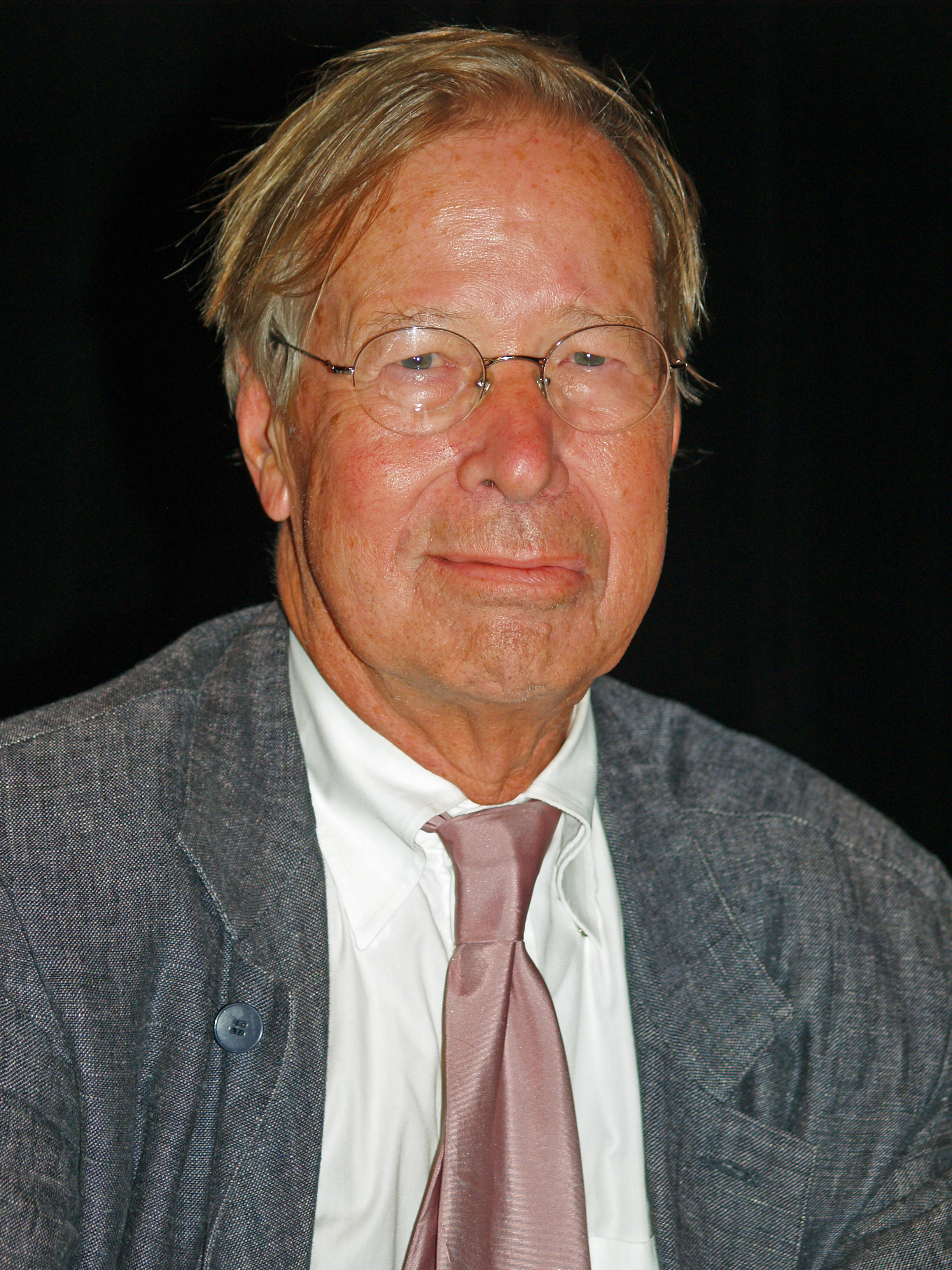Taking Rights Seriously (1978), p. 31
Context: Discretion, like the hole in a doughnut, does not exist except as an area left open by a surrounding belt of restriction. It is therefore a relative concept. It always makes sense to ask, "Discretion under which standards?" or "Discretion as to which authority?"
Works

Law's Empire
Ronald Dworkin
Taking Rights Seriously
Ronald DworkinFamous Ronald Dworkin Quotes
Sovereign Virtue (2000), p. 446
Law's Empire (1986), Preface
"Pornography: An Exchange" http://www.nybooks.com/articles/2310, response by Ronald Dworkin to Catherine Mackinnon, New York Review of Books 41(5), March 3, 1994.
"Pornography: An Exchange" http://www.nybooks.com/articles/2310, response by Ronald Dworkin to Catherine Mackinnon, New York Review of Books 41(5), March 3, 1994.
